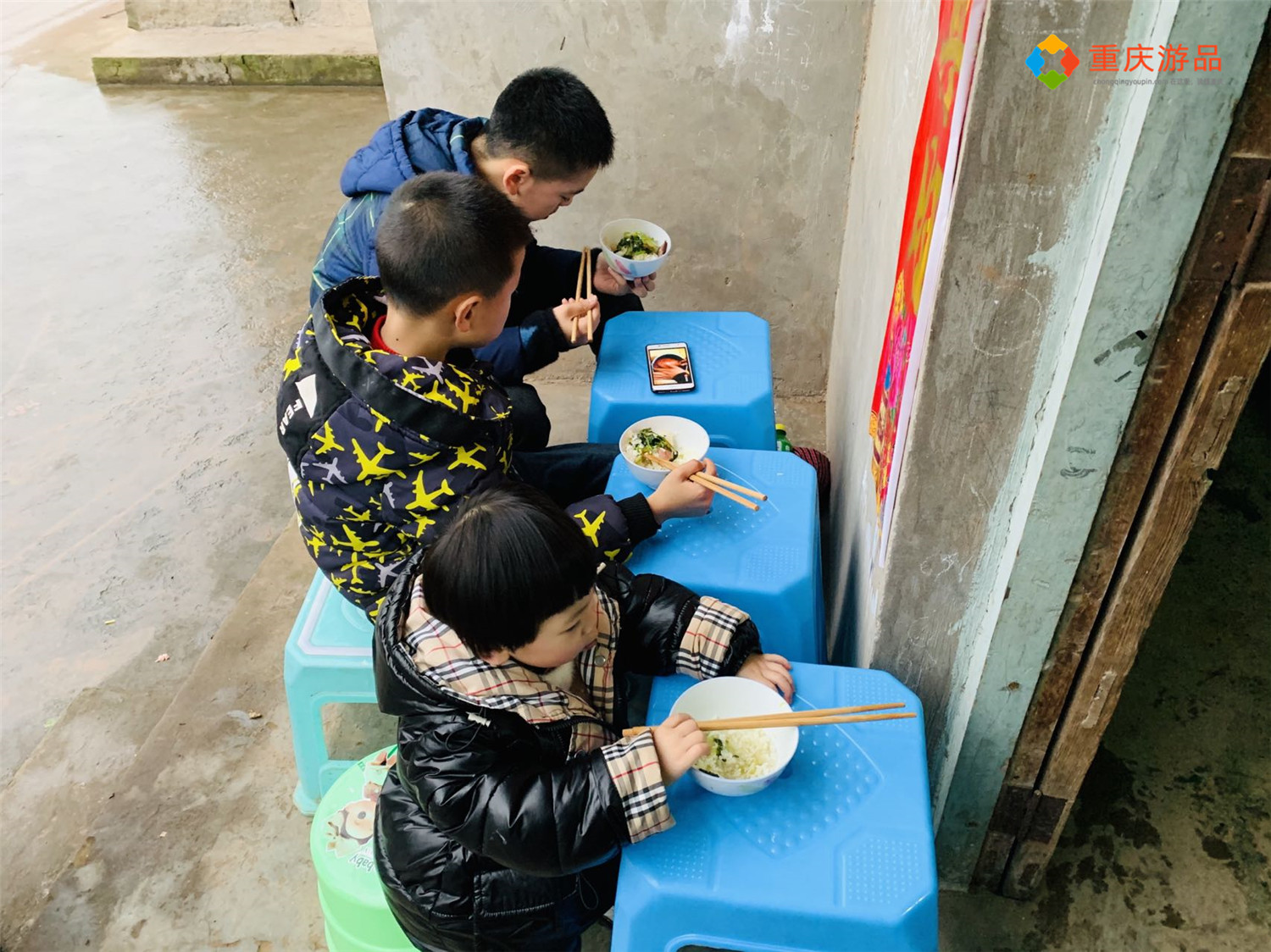During the New Year, relatives and friends were reunited with a large family, and Arijun discovered an unbelievable phenomenon.
The children in the family are basically born after 2010, which is what everyone calls the post-10s, they open their mouths to Mandarin, almost do not speak Chongqing dialect, but their parents are authentic Chongqing people, speak fluent Chongqing dialect.

Why is this a problem? Do they not speak Chongqing dialect, or do they not want to speak Chongqing dialect?
As a branch of Southwest Mandarin, Chongqing dialect has previously been studied in major provinces and cities in the country, Chongqing's dialect inheritance is the highest, and among people aged 6-20, the proficiency rate of Chongqing dialect is 97.5%, surpassing Chengdu and Guizhou.
Although there are some slight differences in the Chongqing dialect of each district and county, such as the Chongqing dialect of the main city is an accent, and the neighboring districts and counties such as Fuling and Changshou are another accent, they are generally similar, and there is basically no problem with daily communication for Chongqing people.
In such a superior language environment, why does the post-10s in Chongqing not speak dialects? First of all, a large part of the reason is that the post-85s and post-90s have grown up, and as the first generation to enjoy the country's nine-year compulsory education, they also pay more attention to the education of the next generation.
There is no doubt that the post-85s and post-90s are obviously more proficient in the use of Mandarin than the post-70s, their children use Mandarin in school classes, and after returning home, parents use their breaks to continue to practice outside the classroom of their children, still speaking Mandarin with their children.
In their daily life and study, children gradually lose the environment of speaking dialects, so it is not that they do not want to speak Chongqing dialect, but they really do not speak Chongqing dialect.
This point, as the post-90s Ai Ruijun has a very deep feeling, because the parents are after the 70s, they can only speak Chongqing dialect, when they learn the lines on TV to speak Mandarin, it always seems a bit funny, causing people to laugh.
So although I use Mandarin in school classes, as long as I return home, I hardly speak Mandarin, and I naturally learn Chongqing dialect in my ears.
Secondly, another reason why the post-10s in Chongqing do not speak Chongqing dialect is because their learning ability is too strong! Ai Ruijun interviewed a relative who and his wife were from Chongqing, but their children could not speak Chongqing at all.
Asked about the reason, Mr. Xu said that the child spent a lot of time watching short videos every day, and he learned to talk to the people inside, and he couldn't help it. As for whether he will teach his children Chongqing dialect in the future, Mr. Xu believes that depending on the children's own wishes, they want to learn, and they do not want to learn and do not force it.
In this way, will our next generation still speak in tongues? As far as most of the post-10s are concerned, it will certainly be, but the proportion of Chongqing dialects will increase, and if it continues, what the future will be like is unimaginable.
Whether it's Chongqing dialect, or Shanghainese, Beijing dialect, Cantonese... Dialects are not only the language used for communication, but also the inheritance of traditional Chinese culture, it is true to promote Mandarin, but it cannot be put before the horse, and the existence of dialects is ignored.
Do the children around you all speak the Chongqing dialect? Welcome to leave a message to discuss.